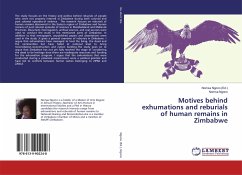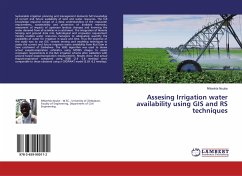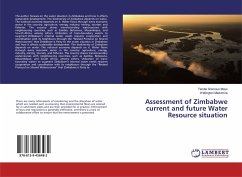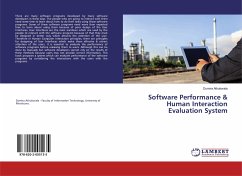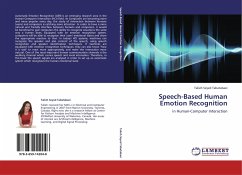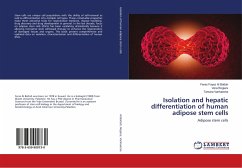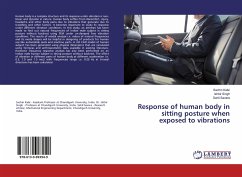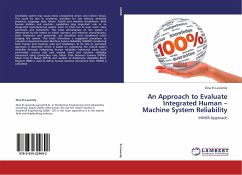The study focuses on the history and politics behind reburials of people who were not properly interred in Zimbabwe during both colonial and post colonial episodes of violence . The research focuses on reburials of human remains discovered in the Eastern region of Zimbabwe and human remains of post colonial episodes of violence in Matabeleland and Midlands Provinces. Document interrogation, archival sources, and oral sources were used to conduct the study in the mentioned parts of Zimbabwe. In addition to that newspapers, unpublished papers and dissertations were used in the study .It gives a general overview of reburials in Zimbabwe. I argue that exhumations have managed to heal the living, the dead and the communities but have failed at national level to bring reconciliation,reconstruction and nation building.The study goes on to argue that Zimbabwe has not yet fully reached the stage of considering the dead to be heritage since there are inadequate resources and funding for the exhumation program. I argue that the exhumations that were conducted during a polarized environment were a political gimmick and have led to conflicts between former cadres belonging to ZIPRA and ZANLA

